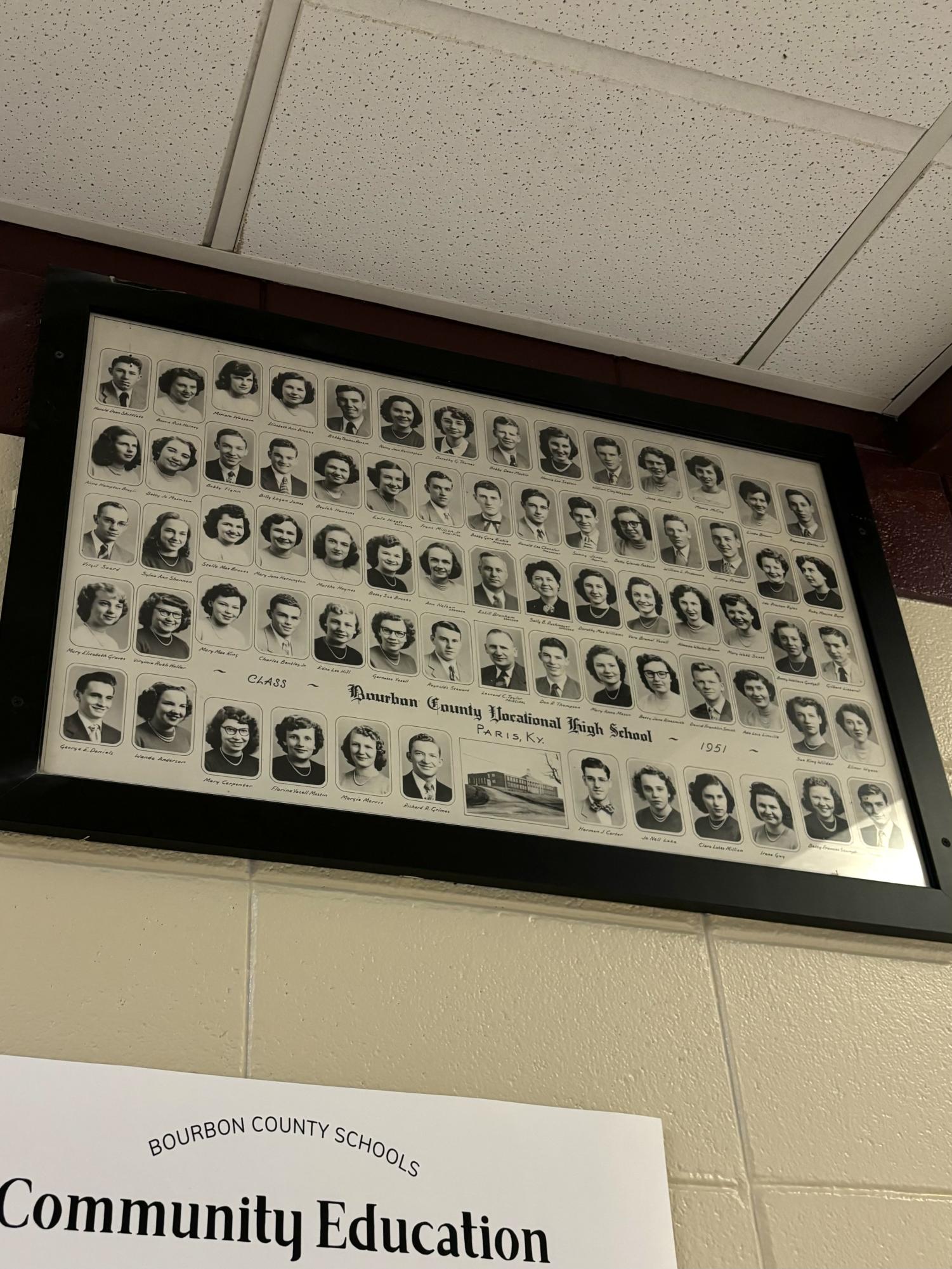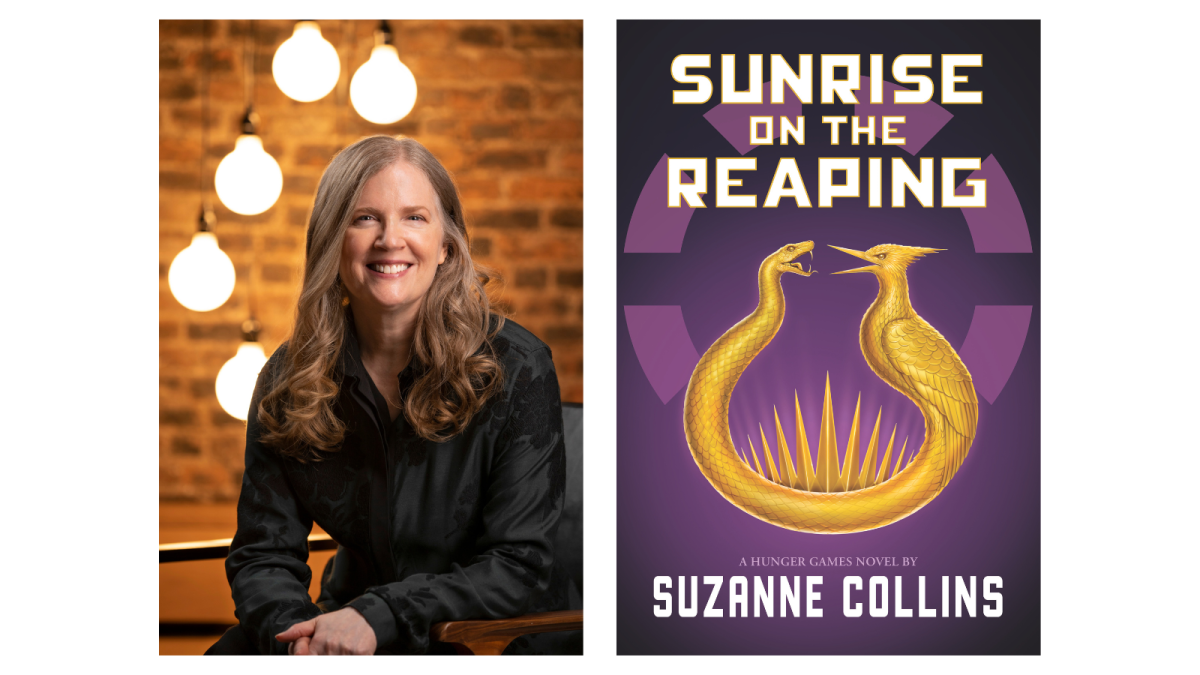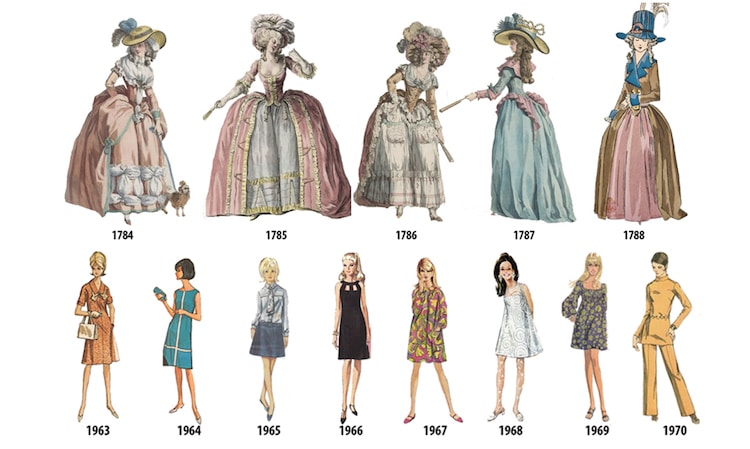
Have you ever looked at photos of your grandparents when they were young, or even your parents? Do you notice how much older they look as teenagers compared to teens now? As you stroll through the school hallway looking at old senior pictures displayed on the walls, you may notice how students from the early 2000s and before that look more mature than us.
A lot of it has to do with the way people used to dress. Even 30 years ago, young people dressed more formally and looked more mature than teenagers today. While we wear sweatpants, sweatshirts, and overall, pretty loose clothing to school, high schoolers wear dresses, dress slacks, and formal clothing. It was seen as unfashionable to dress down and school was seen as a place appropriate for formal clothing.
There have also been changes to rates of aging over time due to factors such as improved healthcare, standards of living, and lifestyle choices. A study has shown how the biological age is affecting newer generations. Biological age decrease has to do with blood pressure, lung function, and other health factors. Recent generations have become biologically “younger” because of healthier diets, better knowledge of skincare, and improved makeup. Young males have experienced greater improvements than young females when it comes to biological age. “This could explain why early adult mortality has decreased more for males than females, contributing to a narrowing of the gender mortality gap.” (IFLscience) Smoking is an example of one lifestyle choice that has affected generations over time. As men began to smoke less, women started catching up. Research shows that smokers compared to non-smokers have a much higher biological age than their real age.
Other explanations for improvements in population health are the betterment of medicine and reductions in infectious diseases. In recent years, health experts and makeup/face care influencers have reminded us about the importance of applying sunscreen every day. It’s able to protect our faces from aging, which is something that did not catch on until recently. As we look back at old pictures of our grandparents when they were young, we can now see the exact reason for that. Who knows, our grandchildren may think the same about us!













